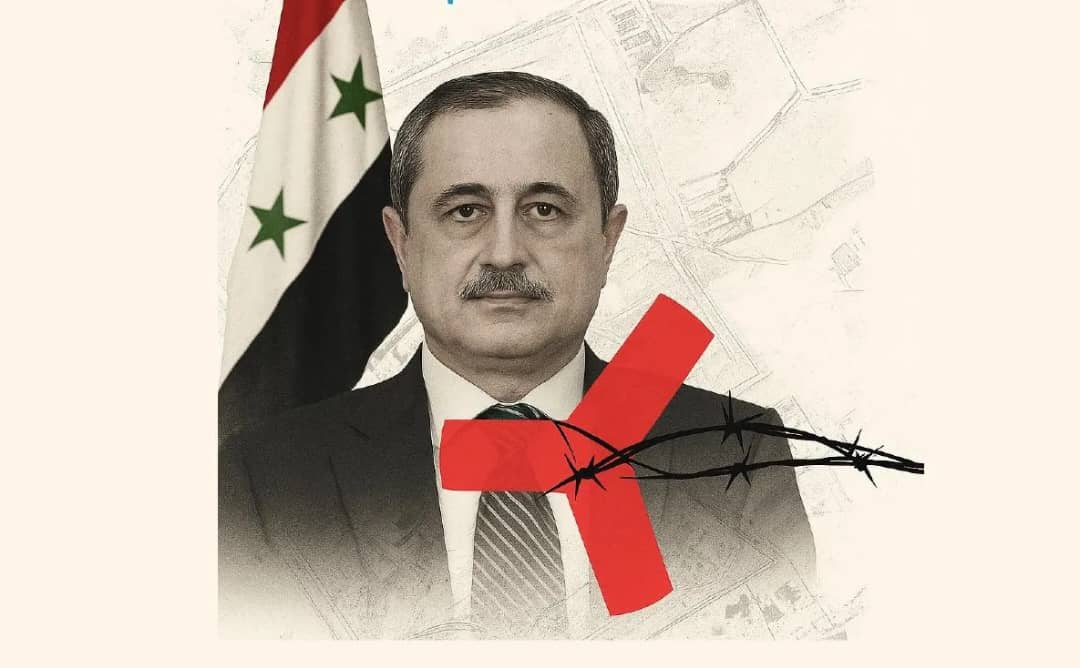A human rights report documenting the crimes of former Syrian Interior Minister Mohammed Al-Shaar.

A recent report by the "Syrian Network for Human Rights" has revealed a record of serious violations committed under the supervision of General Mohammad al-Shaar during his tenure as Minister of Interior in Bashar al-Assad's regime, confirming his legal responsibility for crimes against humanity that are not subject to statute of limitations.
The report pointed out that the Ministry of Interior during that period was a major party in systematic violations against thousands of Syrians, as its security apparatuses implemented widespread repressive policies including extrajudicial killings, arbitrary arrests, enforced disappearances, systematic torture, forced displacement, as well as complicity in unlawful executions and arbitrary confiscation of civilians' properties.
Systematic Repressive Policy
The report revealed that al-Shaar, one of the prominent figures of the Assad regime, directly oversaw the repression machinery that targeted civilians and opponents, with the network documenting thousands of victims who fell due to the excessive violence of security forces, including children and women. It also documented cases of deaths under torture in detention centers, and enforced disappearances of hundreds of individuals, some of whom remain missing to this day.
The violations were not limited to arrests and torture, but extended to restricting basic freedoms, as the ministry issued arbitrary decisions to ban travel and confiscate properties, based on unfair trials and confessions extracted under torture. It played a central role in forced displacement operations that affected several Syrian areas, depriving displaced persons of their right to obtain official documents.
International Legal Accountability
The report affirmed that al-Shaar bears full legal responsibility for these crimes under international humanitarian law, whether through his direct involvement in issuing orders or his failure to prevent violations and hold perpetrators accountable. It explained that these actions were not individual transgressions, but part of a systematic state policy aimed at suppressing opposition and terrorizing civilians.
The report emphasized that crimes against humanity do not expire, calling for the accountability of all those involved, including al-Shaar, before national or international courts, and rejecting any attempts to grant them immunity under any political justifications.
Urgent Demands for Justice and Reform
The report included urgent calls for achieving genuine transitional justice, starting with holding accountable those responsible for the violations and ensuring they do not escape punishment, along with reforming state institutions, especially the Ministry of Interior, by dismantling repressive structures and excluding involved elements, and revoking arbitrary decisions issued during that period, such as travel bans and property confiscations. It stressed the necessity of compensating victims and restoring their deprived rights, ensuring they receive legal and psychological support, in addition to involving the international community in supporting the path of justice, including activating international accountability mechanisms.
The report concluded by emphasizing that justice is not an option but a duty to prevent the recurrence of these crimes and build a future that respects human rights in Syria.